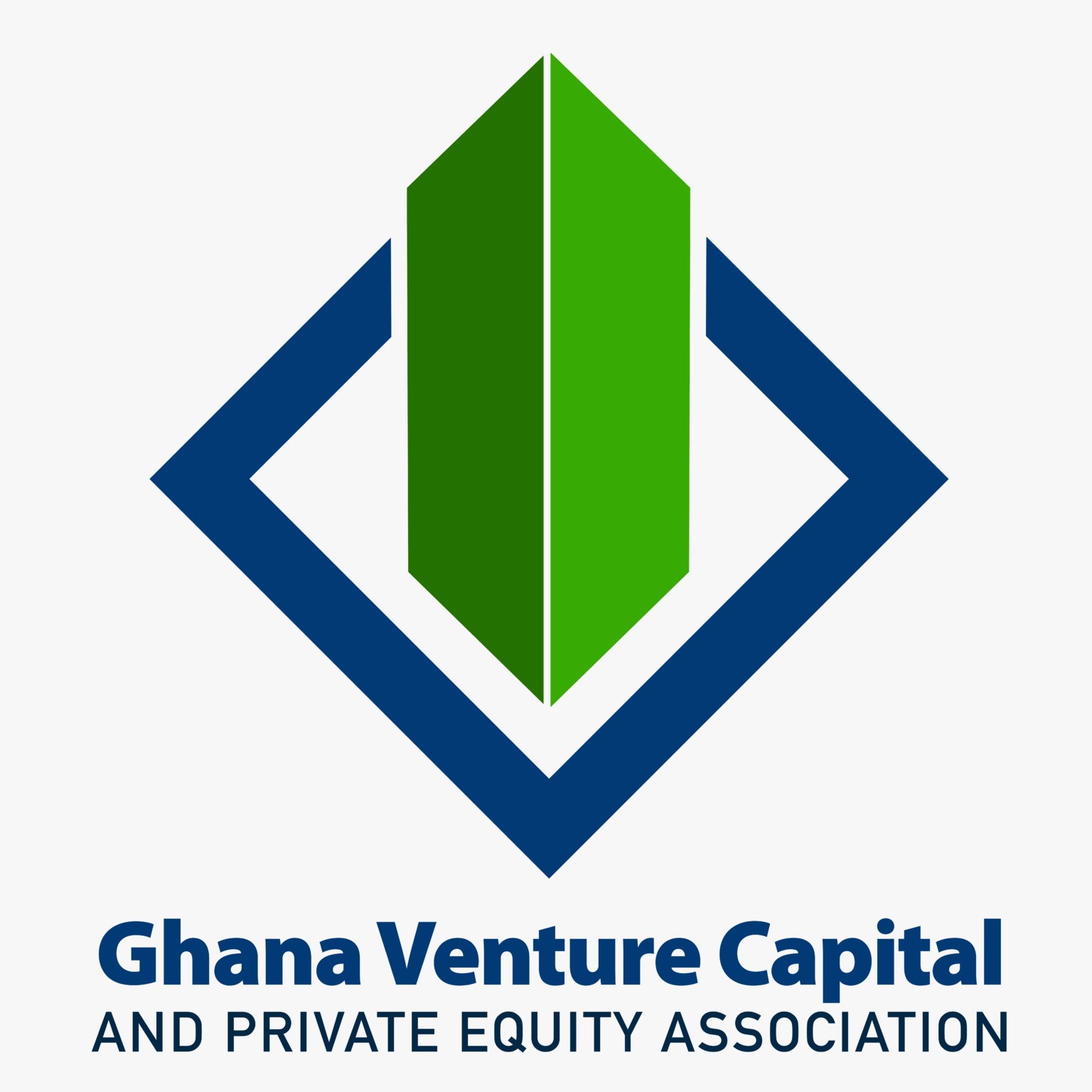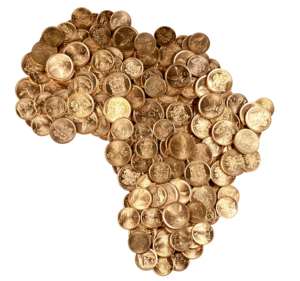By Emelia Ainooson, CMktr
ACCRA, GHANA – A compelling question echoes across Africa’s burgeoning economies: Can the continent harness its own wealth to fund its future? Dr. Sangu Delle, a prominent Ghanaian entrepreneur and investor, argues forcefully that it must. “We cannot sustainably build Africa’s VC ecosystem on capital that swoops in from abroad and just as easily swoops out when global markets shift,” Delle declared, capturing a growing sentiment that Africa needs to rely more on its own resources.While Africa’s venture capital (VC) scene saw explosive growth in previous years, recent times have brought a market correction, with funding levels adjusting downwards from peak highs. Although signs of stabilization are emerging , the volatility underscores the risks of over-reliance on international investment whims. Delle’s message was clear: mobilizing Africa’s own capital – its pension funds, endowments, and institutional wealth is essential for stable, long-term growth.
This sentiment was echoed by Amma Gyampo, CEO of the Ghana Venture Capital and Private Equity Association (GVCA), who emphasized the urgency and need for private sector development finance, technical assistance for the design of private equity grade investment vehicles that local institutional investors can get behind: “Ghana stands at a pivotal moment. We must prioritise the mobilisation of local capital to fund innovation-led growth”. To underscore this commitment, Gyampo spearheaded the launch of the Ghana Pensions and Insurance Industry Venture Capital / Private Equity Compact, a GVCA initiative garnering commitments from regulators and asset owners to boost local institutional investment in alternative assets like private equity to 5% – this currently stands at 0.58% in Ghana despite regulations permitting 25% allocations.
The Flutterwave Effect – Proof of Potential
The potential rewards for backing local innovation are staggering. Delle shared his own experience as an early investor in Flutterwave, the Nigerian-founded fintech giant now valued at over $3 billion. “We invested at a $2.5 million valuation so that’s a 1,200x increase in valuation in US dollar terms,” he revealed. “Yes, you heard that right: one thousand two hundred times
He translated the impact: “Measured in Ghanaian cedis, if a Ghanaian pension fund or local VC fund had invested 100,000 GHS, that investment would be worth close to QUARTER OF A BILLION CEDIS.” While acknowledging that not every investment yields such returns, Delle stressed the potential: “It’s a tragic irony that many African success stories have enriched mainly foreign investors. We have the power to change that.”
Invest Boldly, Invest Local
Delle’s core message is a direct challenge to Africa’s own financial institutions. “It’s time to break out of the conservative shell that has kept our money in low-yield instruments while our entrepreneurs scramble for growth capital,” he urged. “Take a fraction of your portfolio to start – and dedicate it to this asset class.”
Untapped Wealth
Encouragingly, local investors are stepping up. In 2024, for the first time, African investors represented the single largest group participating in VC deals on the continent, accounting for 31% of active investors. This growing local presence adds crucial resilience.
Yet, the largest pools of domestic capital remain largely on the sidelines. Africa’s institutional funds, particularly pension schemes, manage vast sums but allocate very little – often under 1% – to venture capital or private equity. “We have the capital among our pension funds and institutions; we simply haven’t been allocating enough of it to high-growth entrepreneurship,” Delle stated. Unlocking even a fraction of this could be revolutionary.
A Global Game
Many successful African startups incorporate overseas, often in Delaware, USA. Delle explained the key driver behind this phenomenon, the U.S. Qualified Small Business Stock (QSBS) exemption, a tax benefit offering 0% (zero per cent) capital gains tax on eligible investments held over five years. “Incorporating in the United States is about making their companies more investable and rewarding for investors,” Delle explained. This is what African venture and private equity markets are competing with which highlights the importance of the work GVCA is doing to make our region more competitive for this industry.
The Right Role for Government
While advocating for private investment, Delle cautioned against governments trying to act as venture capitalists. Instead, he urged policymakers to focus on fundamentals: “Give us stability and good governance and we will create the jobs you need… give us 1) MACRO stability; 2) Electricity that is reliable and affordable; 3) Infrastructure 4) educational system that delivers skills we need.” He cited Israel’s Yozma program – where government co-investment catalyzed a VC boom – as an example of smart, catalytic intervention, rather than direct state control.
Baobabs not Unicorns
He also suggested reframing success beyond chasing billion-dollar “unicorns.” Instead, he proposed valuing resilient, impactful “baobab tree” companies that sustain communities, even if they don’t achieve mythical valuations. “What if we valued our startups not only by how fast they grow… but by how deeply they root in the community and how broadly they uplift the ecosystem?”
The potential benefits are immense: diversification, new channels for robust returns, endowments growing alongside local innovation in the real economy, and development driven by African priorities in sectors like healthcare, sustainability, energy, education and agriculture.
“If not us, then who? If not now, then when?” Delle concluded. “The responsibility is ours and the moment is now. Let’s rewrite the story of African venture capital with local hands holding the pen. Our capital. Our entrepreneurs. Our future.”
Source: Modern Ghana

